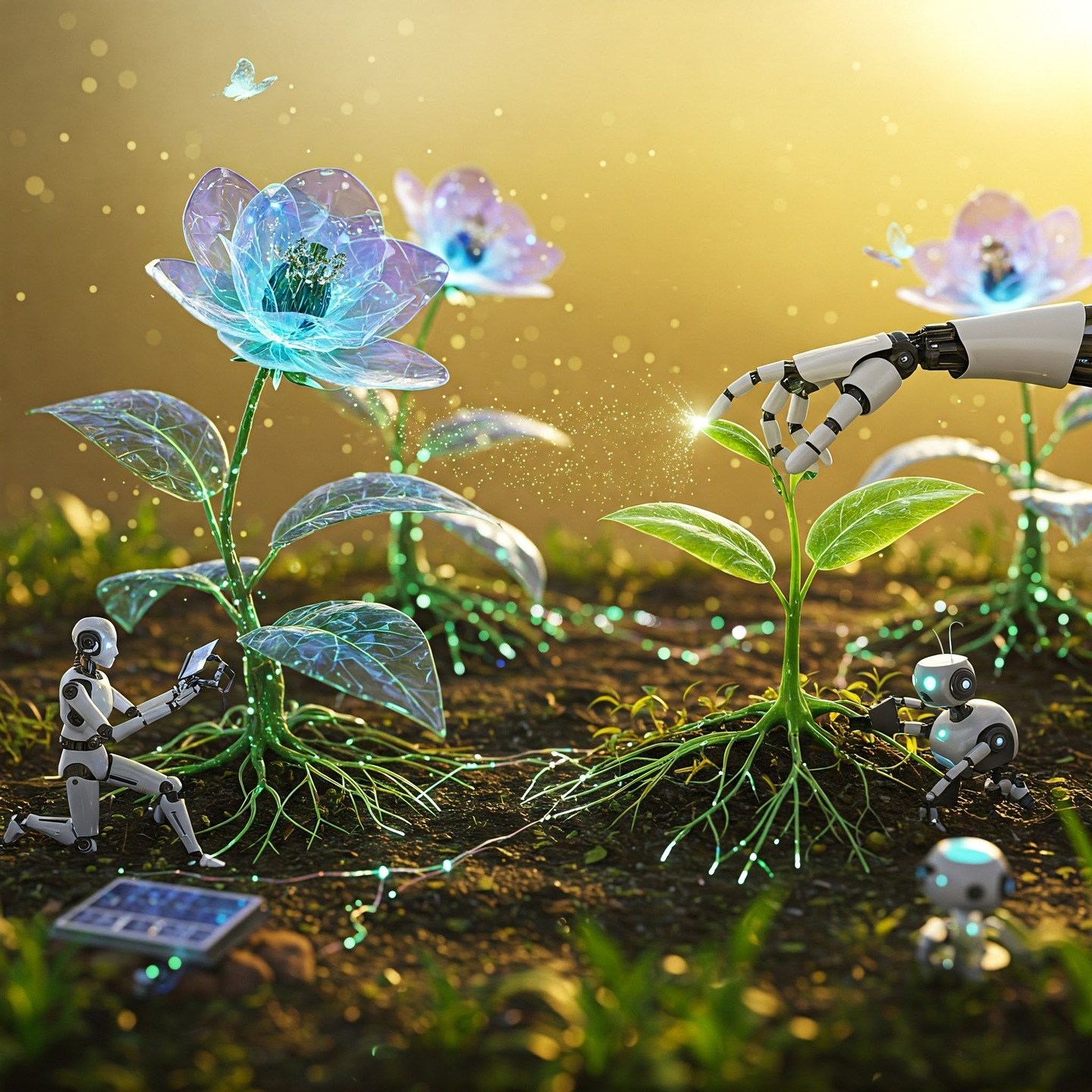I've used this analogy before, but I think of my social media feed as my living room. I decorate it how I want because I want to feel comfortable there. Maybe put a plant there, TV there, nice couch. Lots of books. Analoguously (is that a word?), I block and mute people on social media - even though I don't own the space, I still feel somewhat responsible for it and for the atmosphere there. Sometimes house parties are fun even when they're noisy, and people don't need to agree with me, but bad behavior gets you thrown out. Or not even let in.
This has been my guiding principle since my blogging days, and although I now, as a middle-aged white man, avoid the worst trolls, this approach has worked well for me and kept social media relatively well-behaved. To continue the analogy, I gave up on X years ago when it started to feel like the neighbourhood had become too rowdy and friends were moving away from the area too.
Another important guideline I've followed is trying to limit myself to three comments in any thread. If I can't express my message in three comments, the situation usually doesn't improve no matter how much I argue. Of course, this isn't a strict rule; especially on platforms with strict character limits, sometimes you need to write more. And sometimes the conversation is genuinely interesting and you learn something new. And sometimes the banter is just too fun 😎
Nevertheless, I've recently noticed myself becoming increasingly cautious about commenting - especially in other people's feeds. In Discord, WhatsApp, Facebook, and other closed environments, I might open up more and share my opinions - especially when asked - but publicly... the threshold has clearly gotten higher.
Part of the reason is surely the deconstructive nature of the internet: if your argument has even the slightest flaw (like a spelling error or a comma mistake), it invalidates your entire argument. Sometimes it feels like social media is one big malfunctioning computer, and if you feed it even a slightly flawed program, it spits back an enormous amount of error messages primarily aimed at insulting the programmer.
This is perhaps an unspoken dark side of meritocracy: putting down others' skills is just as valid a way to advance in the hierarchy as improving your own skills. And since meritocrats often view empathy as weakness, they don't see anything wrong with this approach. Even though it automatically excludes a large portion of humanity from their hierarchies and makes meritocracy automatically an activity for a small inner circle.
I won't start delving deeper into meritocracy and its problems; smarter people than me have surely written about them. I'm just highlighting this one aspect that I think plays a big role in social media.
I don't know how much of this stems from the internal and business logic of these social media systems, designed and funded by people living and breathing in the meritocracy, who perhaps can't even think in any other way. I'm too close to this myself that I might not even be able to imagine what the alternative would be. (And no, don't offer the Fediverse; if you do, you haven't quite understood my argument about meritocracy.)
But now that I've been observing social media for a quarter century, I have a strong feeling that there must be an alternative to this design. The basic feature of social media is that it's made by people, and the more people, the better it should be. Now it feels like there's a limit beyond which social media cannot scale without getting out of hand.
Small communities, like Discord servers, Reddit forums, and some FB groups, stay together precisely because they start from this "living room" thinking, where strong moderation keeps the discussion reasonable. But stupidity and greed (aka bots) scale faster than moderation capability.
Perhaps the most functional example of a large working community are wikis, like Wikipedia. They don't value "discussion" as inherently valuable, but as a means to reach an outcome.
I don't know. I have some ideas that could be worth trying. If only I had the time... but there's so much fun stuff to do in the world 😅
 |
Silti tässä on kyllä jotain messiaanista.
Kamalaa sinällään sanoa, mutta pidän tästä kuvasta enemmän kuin monesta muusta AI-kuvasta, jota kuvavirrassa näkyy. Suurin osa AI-generoiduista kuvista on kuitenkin "AI-liejua", johon ei halua sen suuremmin sotkea itseään. Toki se johtuu siitä, että mediankulutustottumuksemme - loputon skrollaaminen - ohjaa siihen, että sitä kontsaa pitää olla myös loputtomasti, jolloin AI-liejulla ja tuhannennella kissameemillä ei ole paljoakaan enää eroa kuluttajalle. Naurahdus, klikkaus, ja scroll.
Niin kauan kuin ihmiset käyttävät aikaa skrollaamalla ja etsimällä jotain hetkellistä täytettä elämäänsä, niin järjestelmä optimoituu kohti halvinta ja helpointa tapaa tehdä sisältöä. Ja AI tekee sitä personoidusti ja loputtomasti. Ei vielä halvimmasti eikä hyvin, mutta se on vain teknistä optimointia. "Hyvä" tarkoittaa somen tapauksessa "eniten klikkejä ja tykkäyksiä". Olemmehan optimoineet interaktionkin niin vähäiseksi, että tietokonekin osaa.
Onko mulla jokin pointti? Ehkä. AI-lieju menee sinne minne ihmisetkin, niin kauan kuin malli on loputon skrollaus. Siltä ei pelasta fediversekään. Mutta jos voimme muuttaa interaktion internetin kanssa sellaiseksi kuin mitä interaktio on ihmisten kanssa (eikä päinvastoin), niin ehkä se vielä pelastuisi. Siinä AI:lla voi olla hyvinkin paikkansa; ei sisällöntuottajana vaan keskustelukumppanina.
Clauden oma kommentti tähän kuvaan ihan vain näin loppukaneetiksi: "The final result achieves both the aesthetic beauty and meaningful commentary I was hoping for. It's a hopeful vision of how technology might integrate with nature in ways that preserve and enhance both realms. The visual storytelling is subtle yet profound - showing technology as a caretaker and partner to nature rather than its replacement."
Private comments? Drop me an email. Or complain in a nearby pub - that'll help.
|
More info...
|
| "Main" last changed on 10-Aug-2015 21:44:03 EEST by JanneJalkanen. |



